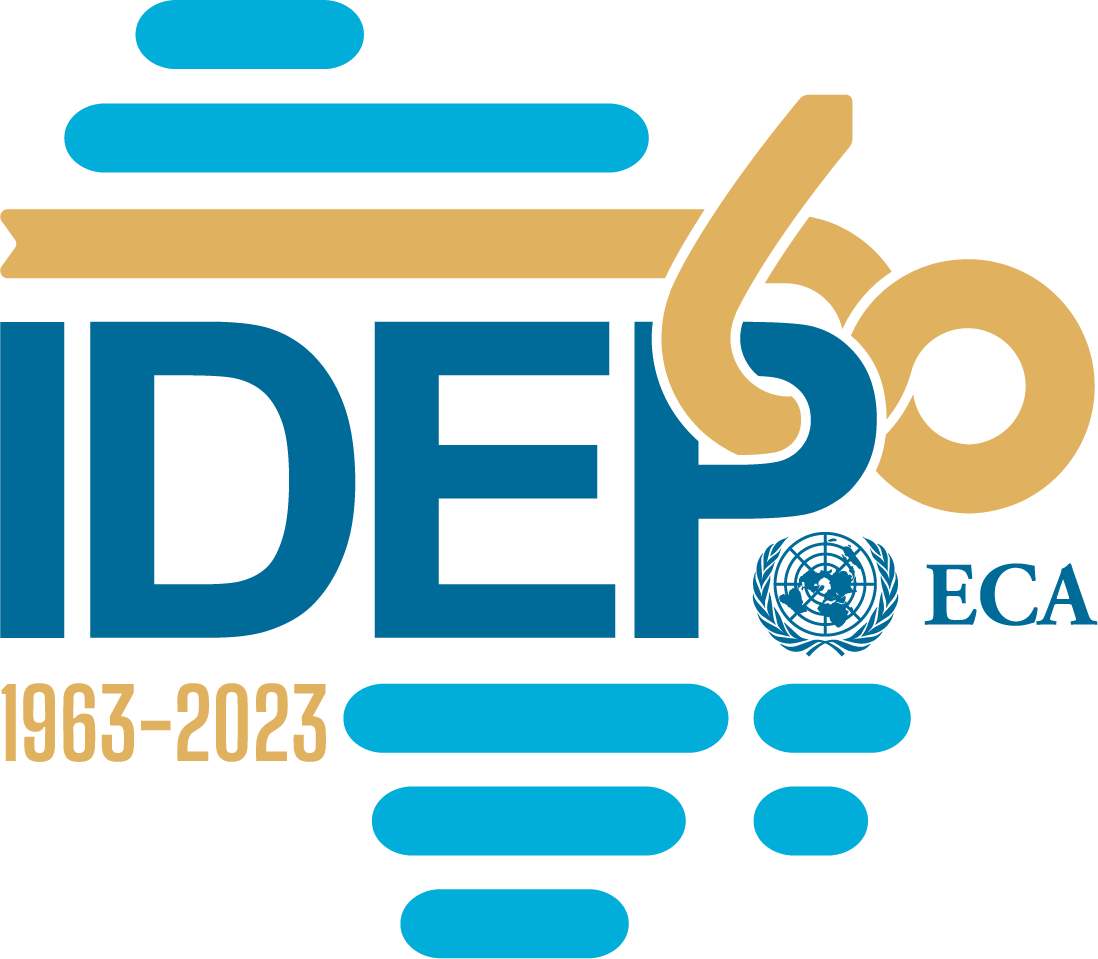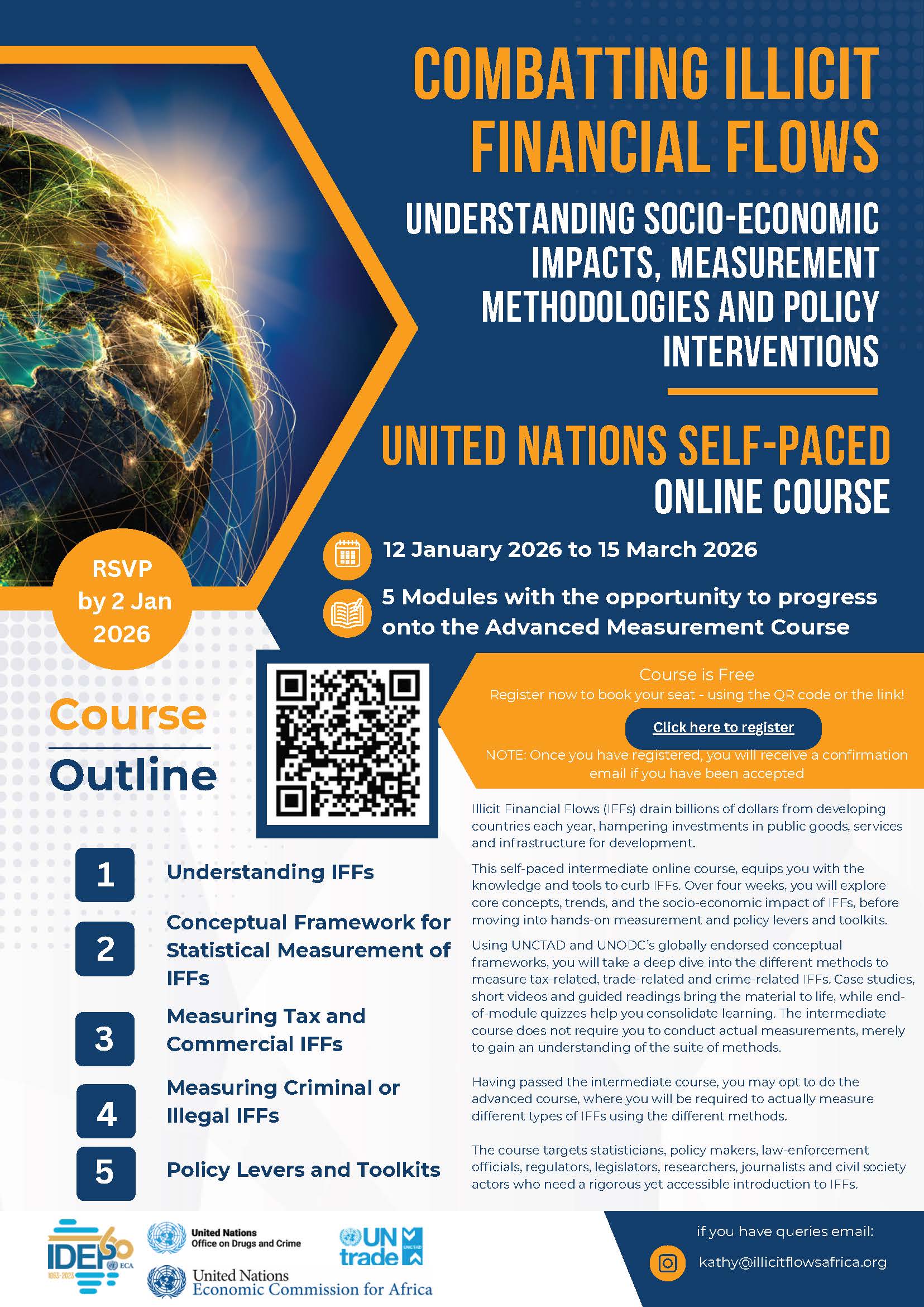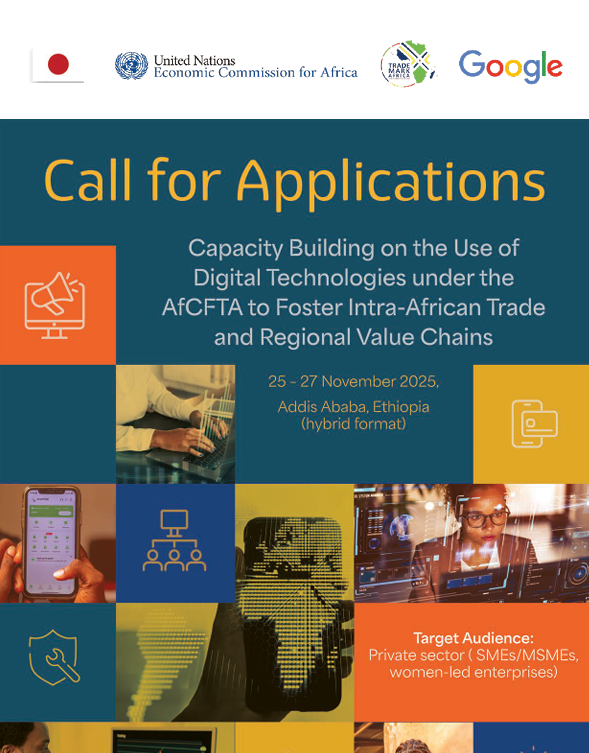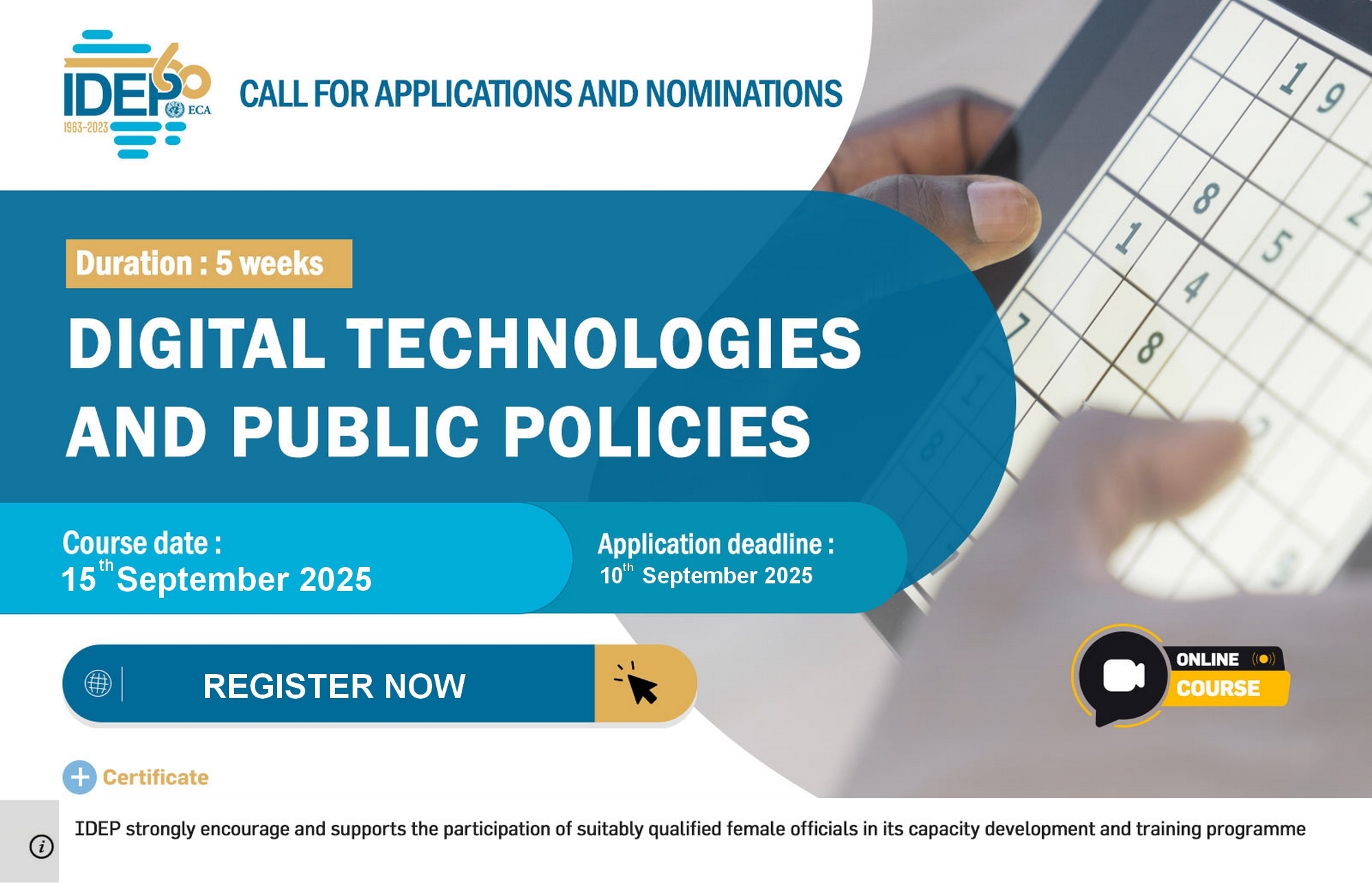REVISITING FISCAL POLICIES TO STRENGTHEN RESILIENCE AND POST COVID RECOVERY
Announcement in Brief
|
Programme Rationale
With the onset of the COVID-19 pandemic, the world economy has been hit severely. Developing countries that were already suffering from debt burden fell in a stressful situation with respect to the mobilization of sufficient resources to address the negative impact of crisis on health, social and economic systems. To compound the already worse situation, the war in Ukraine has triggered a costly humanitarian crisis that demands a peaceful resolution. Economic damage from the conflict will contribute to a significant slowdown in global growth in 2022 with a severe double-digit drop in GDP for Ukraine while a moderate contraction in Russia is more than likely. Across all countries of the world will be felt a spill over through commodity markets, trade, and financial channels. Even as the war reduces growth, it has added to inflation as fuel and food prices have increased rapidly, with vulnerable populations—particularly in low-income countries especially in Africa and Middle east —most affected.
The war between Russia and Ukraine has contributed to economic fragmentation as a significant number of countries sever commercial ties with Russia and risks derailing the post-pandemic recovery. It also threatens the rules-based frameworks that have facilitated greater global economic integration and helped lift millions out of poverty. In addition, the conflict adds to the economic strains wrought by the pandemic. Although many parts of the world appear to be moving past the acute phase of the COVID-19 crisis, deaths remain high, especially among the unvaccinated. Moreover, recent lockdowns in key manufacturing and trade hubs in China are already compounding supply disruptions elsewhere.
Objectives
The follow up course aims to strengthen the capacity of African policy makers on the best practices in terms of macroeconomic planning and fiscal policies for effective and immediate response to emergencies such as COVID-19 and conflict situations. Specifically, the course will focus on the role and functioning of fiscal policy regarding sustainable development with some concrete experiences in Africa based on the results of the country-case studies. It will also look at the nexus between fiscal policy and macro-planning and highlight some of the best practices in this regard.





